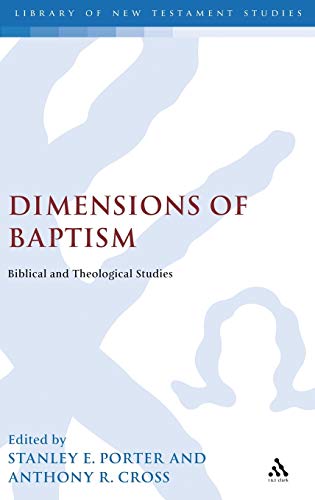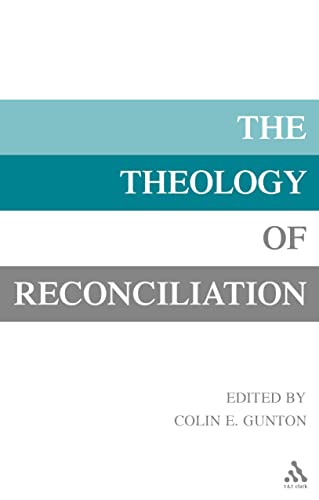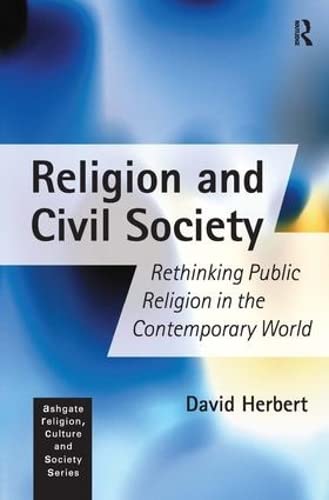In this reprint of a timeless classic, Glover’s expertise as a classical historian is evident in his adept and fluid treatment of not only ancient Greek history but also the co-existing Greco-Roman and Judaic cultures in the first century. However, Glover’s aim does not lie in providing the reader with a historical-cultural assessment of the first century. Rather, the historical-cultural aspects serve as a backdrop for the purpose of understanding the personality and theological convictions of the apostle Paul. Glover’s sympathetic portrait of Paul is as refreshing and distinctive today as it was at the time of its publication (1925).
Several features of Glover’s work are noteworthy. First, and foremost, Glover’s astute treatment of the historical-critical issues locates Paul appropriately within the first century context. Nevertheless, the distinctiveness of Paul’s convictions is not marginalised but rather heightened through the comparative analysis of Paul’s thoughts and his contemporary culture. Second, Paul’s theological convictions are repeatedly anchored in his encounter with the glorified historical Jesus. The Damascus experience is the point of origin for Paul’s conversion from a zealous Pharisee to a ‘slave of Christ’ (ch. 4), his vocation as an apostle to the Gentiles, his life of absolute obedience (ch. 5) and his concept of ethics within the early Christian community (ch. 7). Third, Glover rightly underscores the comprehensive nature of Paul’s conversion which results in a fundamental and dramatic paradigm shift. This paradigm shift is, in essence, an issue of righteousness by law versus that by grace which encompasses the notions of sin and forgiveness in the relationship between God and humanity (ch. 4). Glover rightly defines the issue of righteousness as that of sacrificing the self in exchange for a life directed wholly by God’s chosen means of righteousness through Christ.
Negatively, a few minor elements of Glover’s work remain questionable. 1) While Glover’s emphasis on the Damascus road experience is appropriate, not enough emphasis is given to Paul’s Jewish heritage and his use of the OT. Clearly, early Christianity as shaped by Paul is distinctive from Judaism yet it is also clear that Paul does not sever his claim that ‘Jesus is Lord’ from its Jewish roots. 2) Glover’s statement that the early Christians in Jerusalem in comparison with Paul and others, lacked a strong Christology and were merely ‘conscious of a new loyalty and of a new experience’ seems to unnecessarily emphasise Paul’s role in the development of early Christian movement. Glover’s assessment of Peter’s speech in Acts 3 is not entirely accurate (50). Peter’s speech does more than merely link the titles ‘holy and just one’ (3:14), ‘prince of life’ (3:15) and the notion of forgiveness with Jesus Christ. Through the use of these titles, Peter clearly portrays Jesus Christ, the one crucified as the one chosen by God (3:13) for the sins of humanity (3:19). Further, the term archegos (3:15) suggests that Peter views Christ as the ‘originator’ or ‘author’ of life: life begins from Christ. And finally, Glover’s determination that the presence of soter (5:31) suggests a later date of composition is further puzzling. If Christ’s identity as ‘saviour’ is a later formulation, precisely what significance does the invocation ‘in the name of Christ’ have in the healing accounts? The evangelistic preaching throughout. Acts becomes nonsensical without a clear and definite understanding that salvation is effected by Christ.
Notwithstanding the minor difficulties mentioned above, Paul of Tarsus is a valuable contribution to biblical scholarship.
M. Sydney Park
Aberdeen University







